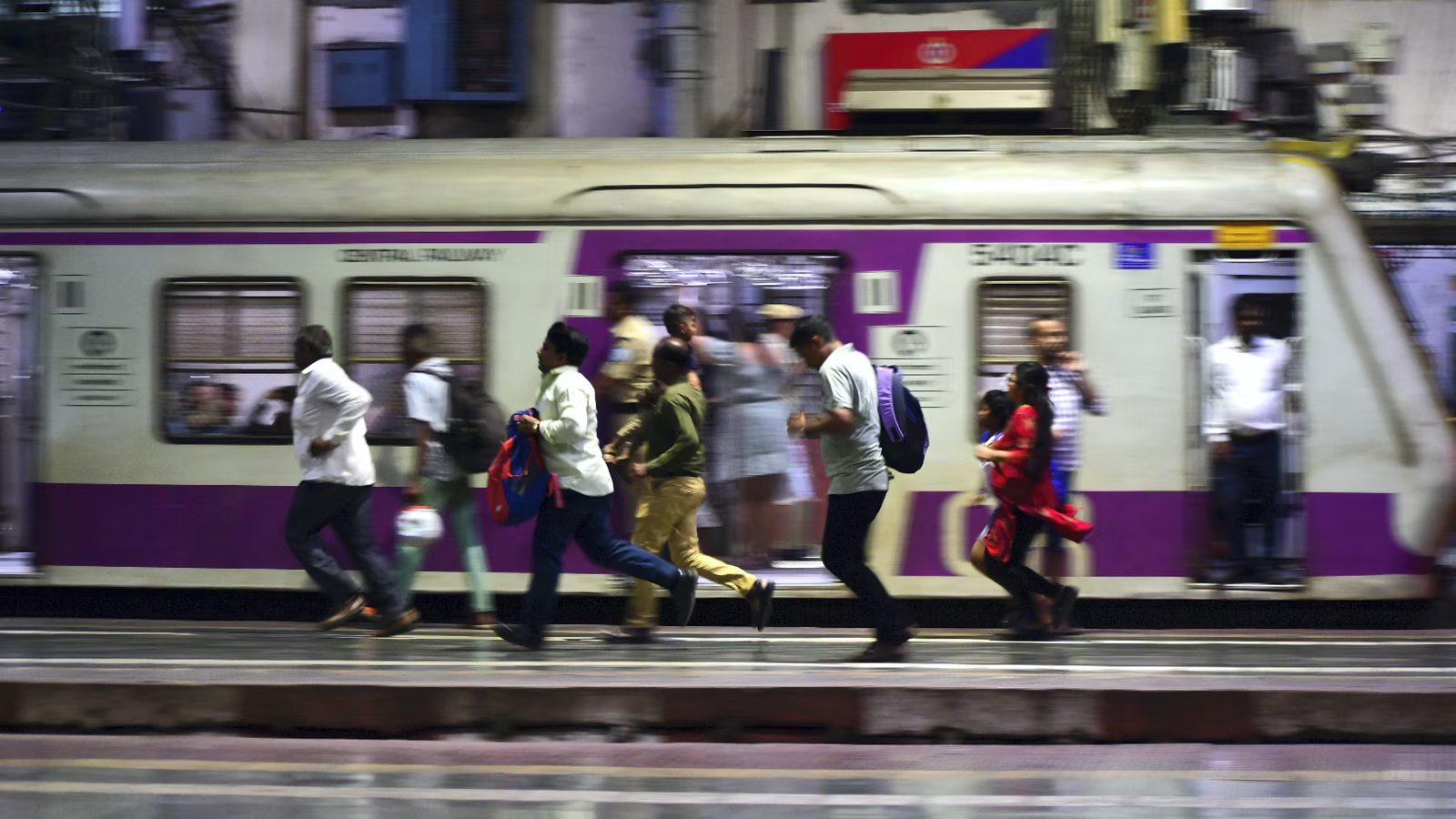Central Railway has launched its first suburban Electric Multiple Unit (EMU) rake equipped with a dedicated senior‑citizen compartment, built at the Matunga Workshop, set to commence operations imminently on Mumbai’s local train network. In compliance with a September 2024 order from the Bombay High Court—prompted by a PIL from a retired government employee—Central Railway converted a luggage section into a compartment tailored for elderly commuters . The new coach features 13 ergonomic seats (three three‑seaters and two two‑seaters), stainless‑steel partitions with grab poles, vinyl-lined interiors, emergency ladders, and safety rails near doorways, ensuring comfort and accessibility during peak hours .
The Matunga prototype, designed in response to directives from the Railway Board, is paradigmatic of modern, inclusive urban transport and is expected to roll out on suburban lines this week . Plans are underway to retrofit all 163 EMU rakes in the Central Railway fleet—a move expected to complete by September 2026 . Western Railway is also joining the initiative, converting middle luggage compartments in 105 non‑AC EMU rakes to elder‑friendly coaches. Each will accommodate 13 seated seniors and 91 standing passengers, further enhancing commuter comfort .
Commuters lauded the initiative. “For years, senior citizens have navigated overcrowded coaches and inaccessible spaces,” remarked one commuter. “This dedicated coach is a long‑overdue step toward equitable, human‑centred urban mobility.” Transport analysts underscore its significance in India’s broader urban planning context: equitably inclusive infrastructure, gender‑neutral access, and accessible public transport systems contribute to sustainable, low‑carbon cities. By prioritising vulnerable commuters—children, elderly, persons with disabilities—the transformation of mass transit aligns with climate‑aware urban development goals.
Operationalising dedicated elder coaches also has economic and social implications. More comfortable, safer journeys can encourage senior citizens to engage in public life and local commerce, reducing dependence on private vehicles and alleviating traffic congestion and emissions. While implementation details remain—integration into existing timetables, signage, and public awareness—the project offers a blueprint for commuter-focused upgrades. Mumbai’s action may inspire similar initiatives in other metro rail corridors and suburban networks nationwide.
As Indian Railways moves toward universal accessibility, this measure is a step in a long journey towards inclusive urban transport. The rollout of the senior‑citizen coach marks a pivot away from reactive inclusion toward proactive, dignity‑affirming public policy.
Also Read: Bihar Receives Five New Trains, Including Four Amrit Bharat Express Services




